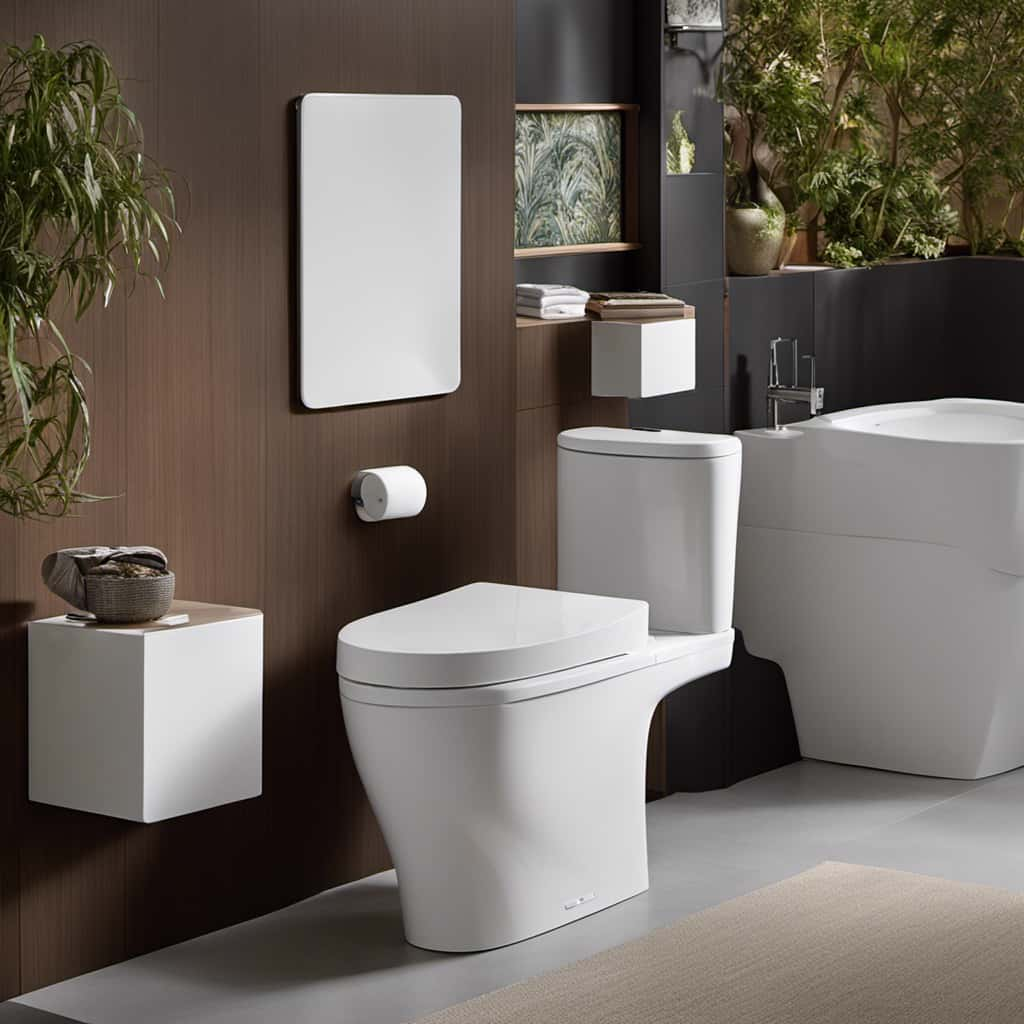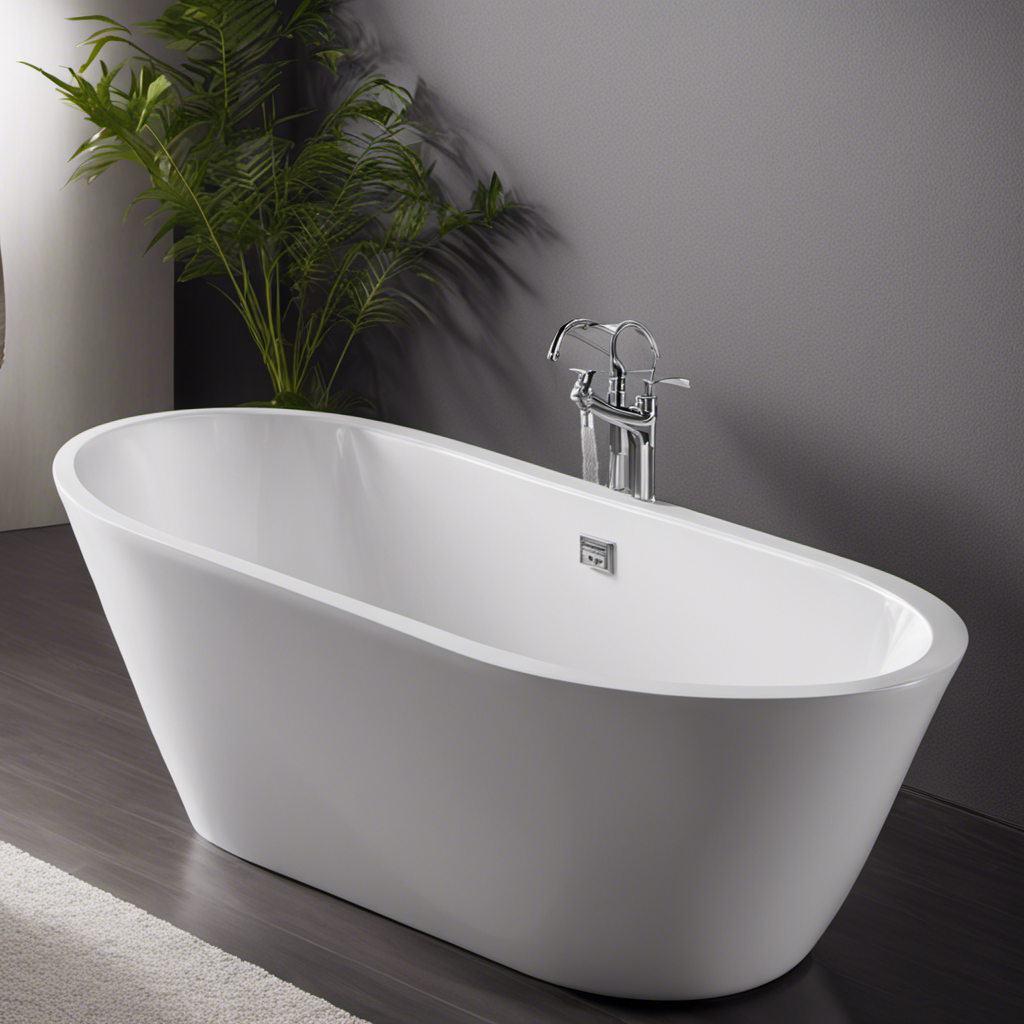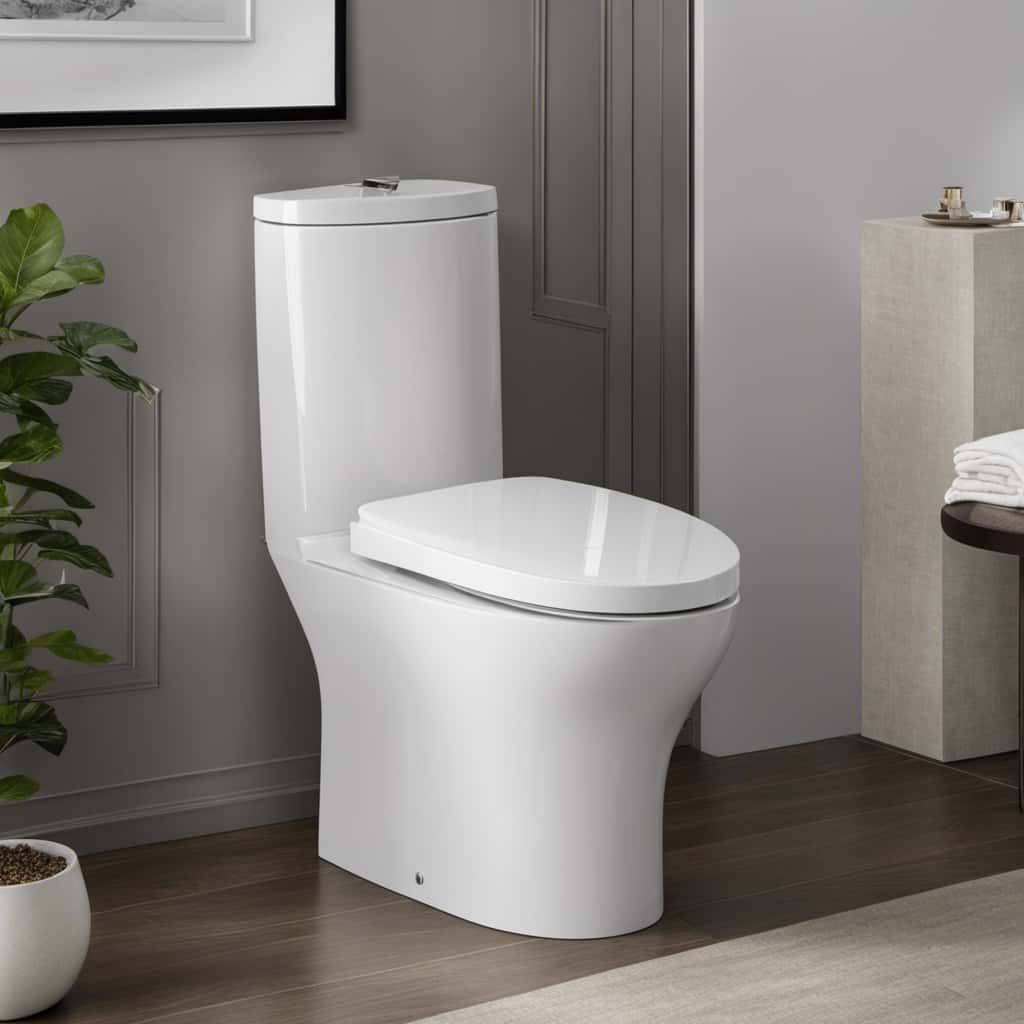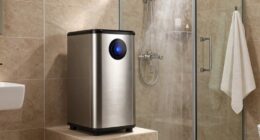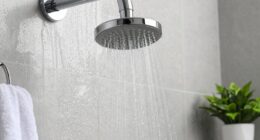We’ve all been there – the post-poop dilemma. You’re left wondering, ‘Is it safe to use wet wipes after pooping?’ Well, let’s dive into the facts and find out.
In this article, we’ll explore the potential risks and benefits of using wet wipes, as well as proper usage and disposal.
We’ll even discuss alternatives for those seeking a more environmentally friendly option. So, buckle up and get ready to master the art of post-poop hygiene.
Key Takeaways
- Excessive use of wet wipes can cause skin irritation and increase the risk of developing skin conditions.
- Most wet wipes are not biodegradable and contribute to pollution in landfills and water bodies.
- Wet wipes are specifically designed to remove bacteria and impurities from the skin, providing a thorough cleaning experience.
- Proper usage and disposal of wet wipes are crucial to prevent contamination and negative environmental consequences.
Potential Risks of Using Wet Wipes
Using too many wet wipes after pooping can cause irritation and increase the risk of developing skin conditions. The chemicals present in some wet wipes can irritate the delicate skin in the anal area, leading to discomfort, redness, and even allergic reactions. Moreover, the excessive use of wet wipes can disrupt the natural pH balance of the skin and strip away its protective oils, making it more susceptible to infections and inflammation.

Additionally, the impact of wet wipes on the environment can’t be overlooked. Most wet wipes aren’t biodegradable and contribute to pollution in landfills and water bodies. Therefore, it’s advisable to use wet wipes sparingly and opt for alternative methods of cleansing that are gentler on the skin and more environmentally friendly.
Benefits of Using Wet Wipes
While there are potential risks associated with using wet wipes, there are also benefits that make them a popular choice for maintaining cleanliness after using the bathroom.
One of the key benefits is their effectiveness in cleaning. Wet wipes are specifically designed to remove bacteria and other impurities from the skin, providing a thorough cleaning experience. In fact, studies have shown that wet wipes are more effective in removing fecal matter compared to dry toilet paper alone.
Additionally, wet wipes can be gentler on the skin, reducing the risk of irritation and discomfort.

However, it’s important to consider the environmental impact of wet wipes. Many wet wipes aren’t biodegradable and can contribute to pollution and waste. Therefore, it’s crucial to choose biodegradable or flushable wet wipes to minimize the environmental impact while still enjoying the benefits they offer.
Proper Usage and Disposal of Wet Wipes
To ensure proper hygiene and minimize environmental impact, we must use and dispose of wet wipes correctly.
Improper usage and disposal can lead to wet wipe contamination and have a significant negative environmental impact.
When using wet wipes, it’s crucial to follow the instructions on the packaging. Ensure that the wipe is used for its intended purpose and avoid flushing them down the toilet.

Flushing wet wipes can cause blockages in sewage systems and lead to pollution of water bodies. Instead, dispose of used wet wipes in a designated trash bin.
Additionally, consider using biodegradable or flushable wet wipes that are specifically designed to break down in water.
Alternatives to Wet Wipes for Post-Poop Cleaning
After discussing the proper usage and disposal of wet wipes, let’s explore some alternative options for post-poop cleaning. There are several eco-friendly options and natural remedies that can effectively clean without the use of wet wipes. Here are a few alternatives to consider:
| Option | Description |
|---|---|
| Bidet | A bidet is a water spray device that cleans the genital and anal areas. It is a hygienic and environmentally friendly option. |
| Toilet Paper | Soft, biodegradable toilet paper can be used for cleaning. Look for brands made from recycled materials. |
| Water and Soap | Using water and mild soap can be an effective way to cleanse the area. Remember to pat dry with a towel afterwards. |
These alternatives provide a more sustainable and natural approach to post-poop cleaning, reducing waste and potential harm to the environment. Experiment with these options to find what works best for you.
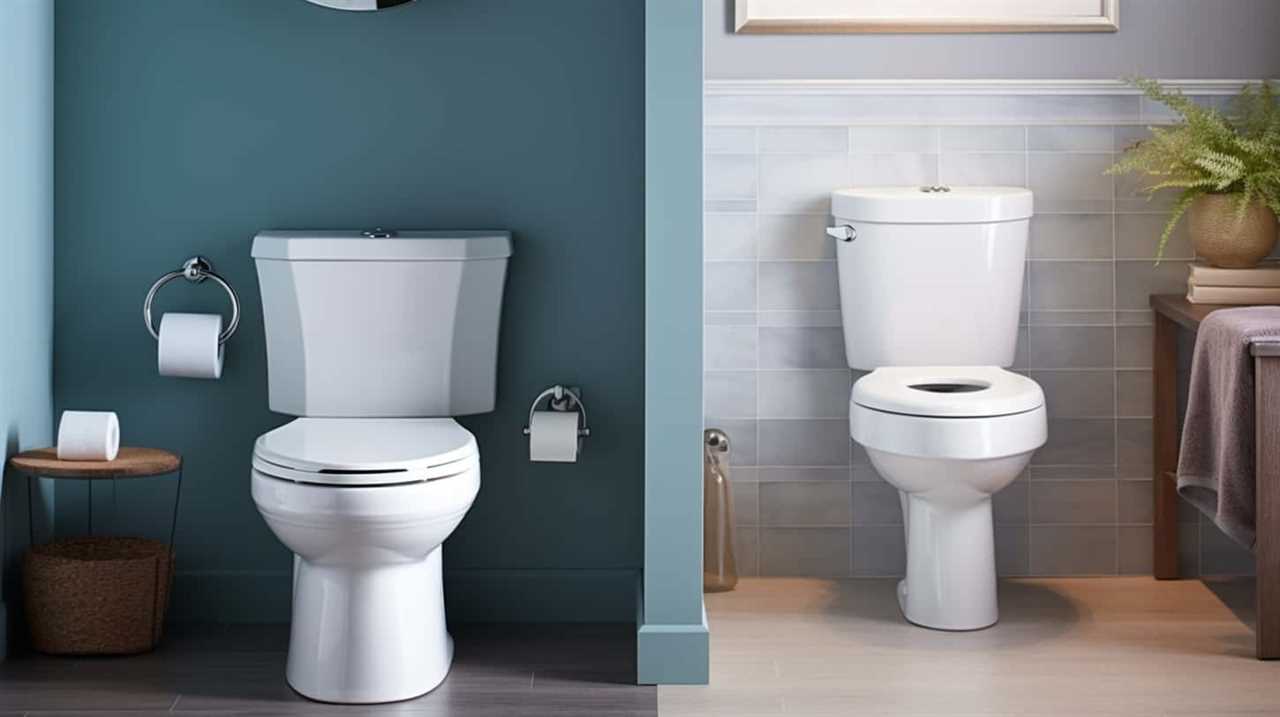
Final Thoughts on Using Wet Wipes for Personal Hygiene
In our analysis of using wet wipes for personal hygiene, we’ve come to recognize the importance of considering the potential drawbacks and limitations of this popular cleaning method. While wet wipes can provide a convenient and effective way to clean oneself, there are several factors to consider.
- Environmental impact: Wet wipes are typically made of non-biodegradable materials, leading to significant environmental concerns. Their disposal can contribute to pollution and harm marine life.
- Cost effectiveness: Wet wipes can be more expensive than traditional toilet paper in the long run. Constantly purchasing packs of wipes can add up, especially when considering the alternatives.
- Sensitivity and allergies: Some individuals may experience skin irritation or allergic reactions to the ingredients in wet wipes. It’s important to be aware of any sensitivities and choose products accordingly.
Frequently Asked Questions
Can Wet Wipes Cause Irritation or Allergic Reactions?
Using wet wipes after pooping can potentially cause irritation or allergic reactions. It is important to choose wipes that are hypoallergenic and fragrance-free. Proper disposal methods should also be followed to prevent environmental contamination.
Are Wet Wipes Safe to Use on Sensitive Skin?
Using wet wipes after pooping is a common practice, but it’s important to consider the safety of sensitive skin. We’ve found that proper hygiene tips and using natural, organic alternatives can be beneficial.
Can Wet Wipes Be Flushed Down the Toilet?
Flushable wet wipes are a convenient option for personal hygiene, but they can have a significant environmental impact when flushed down the toilet. It’s important to consider alternative options to minimize potential harm to our ecosystem.
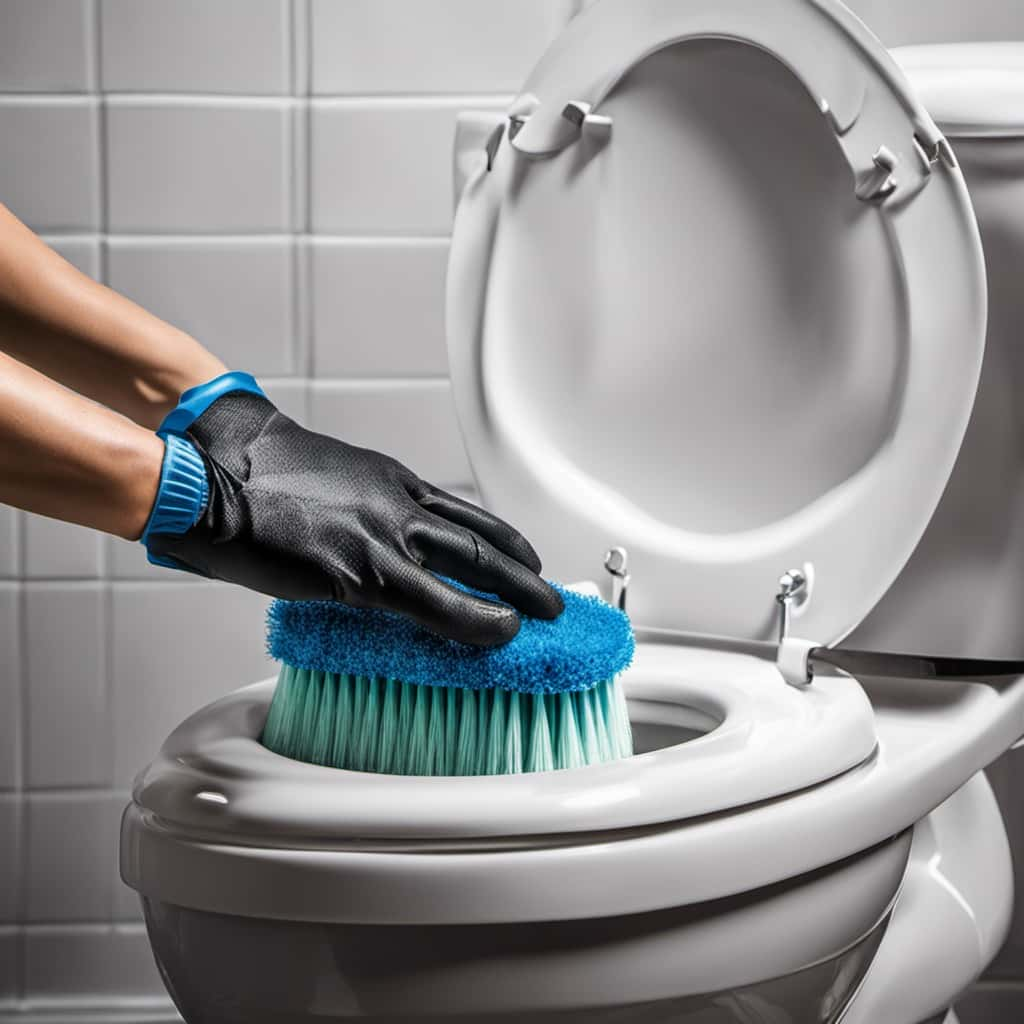
Are There Any Eco-Friendly Alternatives to Wet Wipes?
Sustainable alternatives to wet wipes can minimize the environmental impact. We should consider using reusable cloths or biodegradable toilet paper. These choices help us maintain a clean routine while reducing waste.
Do Wet Wipes Effectively Kill Bacteria and Prevent Infections?
Using wet wipes after pooping may not effectively kill bacteria and prevent infections. Additionally, the impact of using wet wipes on the environment is concerning. It’s important to consider alternative options.
Conclusion
In conclusion, using wet wipes after pooping can be convenient and refreshing, but it’s important to consider the potential risks.
While they may provide a thorough clean, wet wipes can cause skin irritation and environmental harm if not disposed of properly.
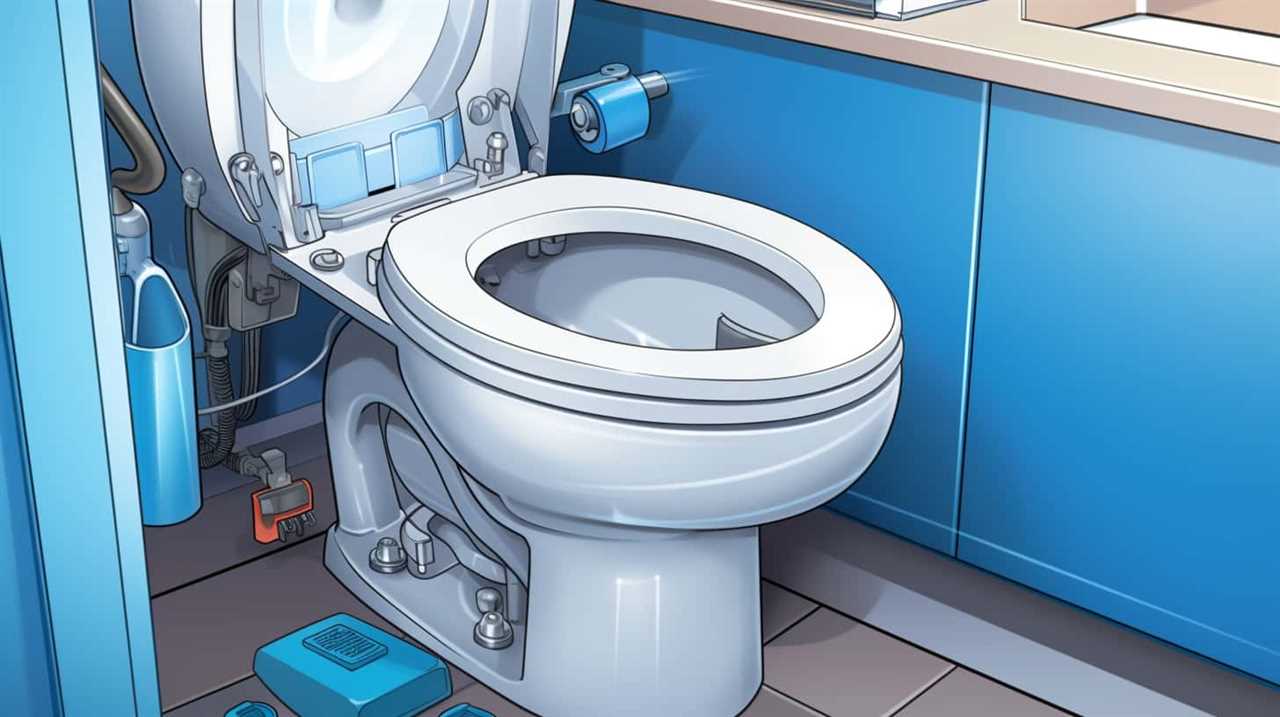
It’s worth exploring alternatives like bidets or gentle toilet paper for post-poop cleaning.
Ultimately, prioritize personal hygiene while being mindful of the impact on your health and the planet.
